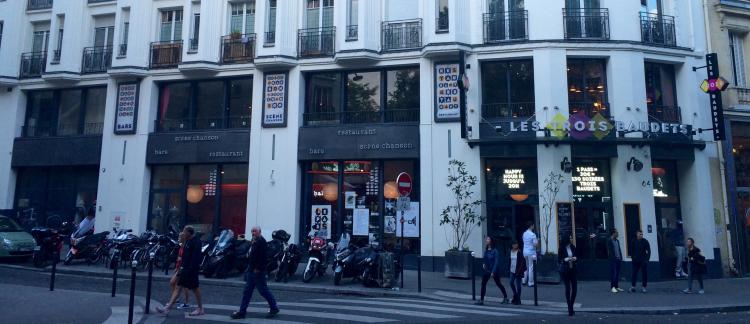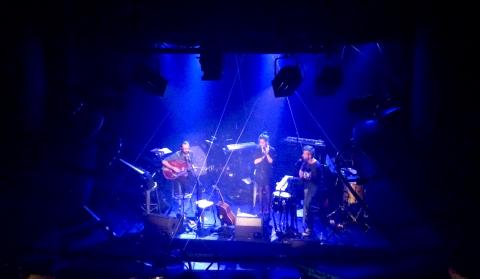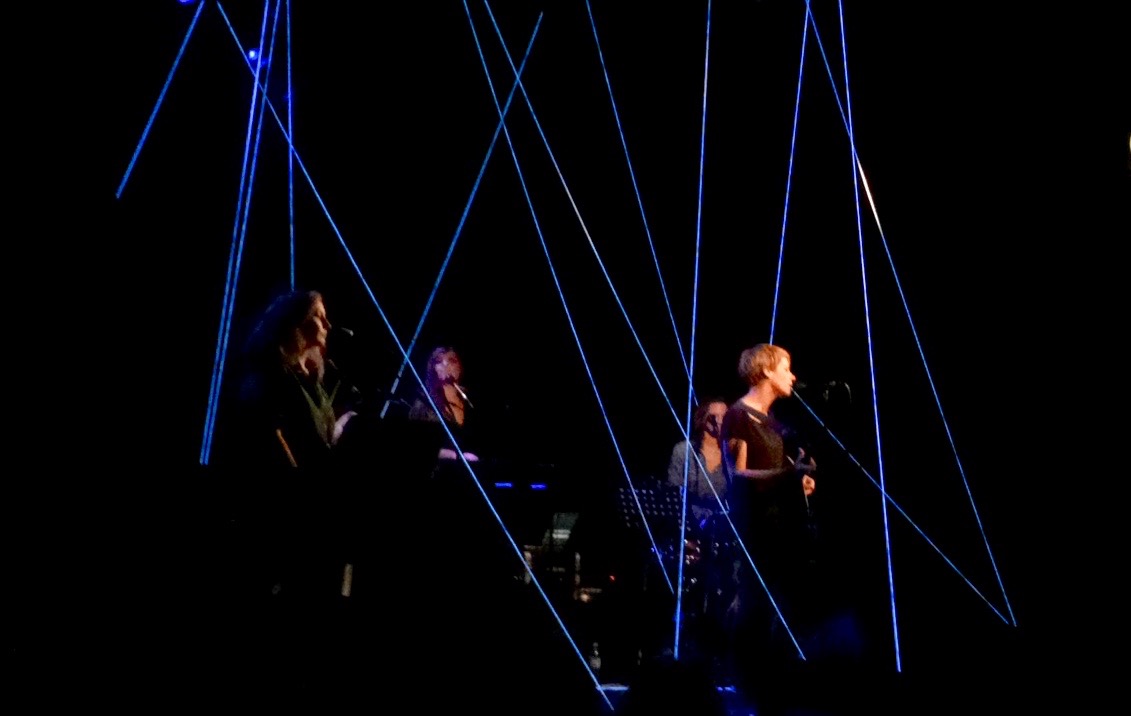Les Trois Baudets: The Concert Hall that Revived French Music

Walk out of the dark, musty metro at Blanche and the Moulin Rouge’s iconic crimson-windmill and the flashy lights of Pigalle flood your vision. Tourists take shameless selfies from every angle, but turn around and find the tree-lined Boulevard de Clichy, with its countless sex shops and strip clubs. Here you will find a remodeled art deco style building with tall, sleek windows, which sharply contrasts with the grungy, risqué ambiance of Pigalle.
Opened in 1947 by music executive Jacques Canetti, Les Trois Baudet’s history is as colorful and trying as its founder’s life. Canetti was born in 1909 to one of the oldest and wealthiest, Sephardic Jewish families in Bulgaria. After his father’s premature death, Canetti moved with his mother and brothers to Vienna and later to Zurich, finally settling as an adult in Paris, where he became involved in the French jazz scene, organizing the “Jazz Hot” tour, in which he brought American jazz artists including Louis Armstrong and Duke Ellington to France.
During the 1930s, Canetti’s career as a French music promoter and talent agent flourished, working for labels such as Polydor and Fontana. During World War II yet following France’s passing of the Statute of Jews in October 1940, Canetti left France and settled in Algiers, where he worked for Radio-France Alger and founded a theater.
After leaving France for Algeria during World War II, Canetti returned to France and established Les Trois Baudets as an oasis and spotlight for young, unknown artists such as Guy Béart, Georges Brassens, Juliette Greco, Serge Gainsbourg, Pierre Perret, Boby Lapointe, Jacques Brel, Boris Vian, Raymond Devos, Serge Gainsbourg, Henri Salvador and Pierre Perret. Through the work of his music label, Disques Canetti, and Les Trois Baudets, Jacques Canetti is credited with the revival of French chanson and the development of the nouvelle chanson. Canetti managed Les Trois Baudets until his retirement in 1967. The club’s musical excellence left with its creator and it quickly became just another Pigalle sex shop.

Nearly half a century after the club’s genesis, the French government stepped in to resurrect the musical monument, making Les Trois Baudets a historical landmark. Following an extensive renovation, Les Trois Baudets reopened in 2009 as a hub for singer-songwriters and artists of all sorts.
The legendary theater was transformed into a chic, modern venue with an airy, spacious bar upstairs and a cool, multilevel theater downstairs. Walk down a narrow hallway into the basement and you’ll find a pitch-black space with 250 seats split between the mezzanine and the floor. A network of stringed lights crisscross the stage and an impressive light show compliments the studio-quality acoustics of the uniquely shaped hall. The audience is only feet from the stage, giving concerts an intimate, personal vibe. The theater seamlessly transforms itself from a casual, acoustic hangout to a hip electronic club. Les Trois Baudets line-up today is as eclectic and unique as it was during Canetti’s reign, spotlighting young, unsigned artists to established artists with impressive discographies such as Katel, David Giguère, Joseph d’Anvers, Pauline Croze, and many more.

Les Trois Baudets offers a yearly pass for 30 euros that provides you access to 130 concerts a year, as well as discounts on most of their other shows.
64 Boulevard de Clichy
75018 Paris







